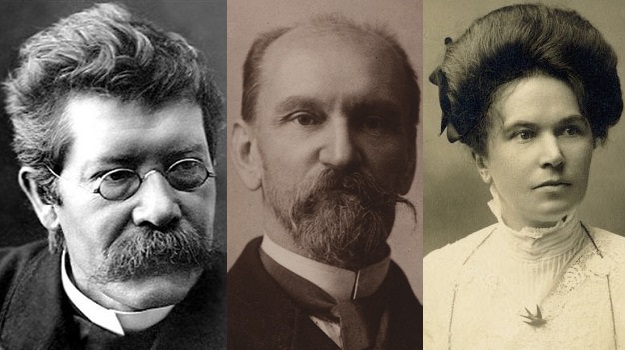Before 19th century the education in Latvia was a domain of minorities, who used German language. Therefore, the first Latvians became famous as writers merely ~150 years ago.
The best known Latvian writers generally fall into two categories. The first group of them lived in late 19th century, helping Latvians to assert their identity and self-respect (by describing ethnic Latvian life and inspiring history in their works).
Another group were made famous under the Soviet occupation. They were typically collaborators and would write praises for the regime, getting preferential treatment in return. They are still household names as they were made a mandatory reading material in schools of Soviet Latvia, and some streets are controversially still named after them.
A few Latvian writers and poets, like Rainis, managed to be popular with both independent Latvia and Soviet Union.
The most famous Latvian writers and poets:

Rūdolfs Blaumanis (1862-1908) was a writer, scenarist and poet who concentrated on describing the Latvian village which was in his lifetime still the main living space of ethnic Latvians.
Rainis (1865-1929) is held in high esteem as a Latvian “national poet”. His patriotic and national romantic poems raised the Latvian spirits. They were not enough to give Rainis a political leadership he sought for (above the role of minister) but they were enough to grant him a role in national mythology (entire cemetery where he was buried has been named after him). Rainis’s leftist beliefs saved him from Soviet censorship, allowing him to be known even for Soviet-born generations.
Aspazija (1865-1943) was a Latvian poet and playwright, especially known as the wife of Rainis.
Eduards Veidenbaums (1867-1892) was a poet and translator, much of whose poetry has been published posthumously.
Andrejs Upītis (1877-1970) was a communist writer.
Leons Paegle (1890-1926) was a communist writer and politician.
